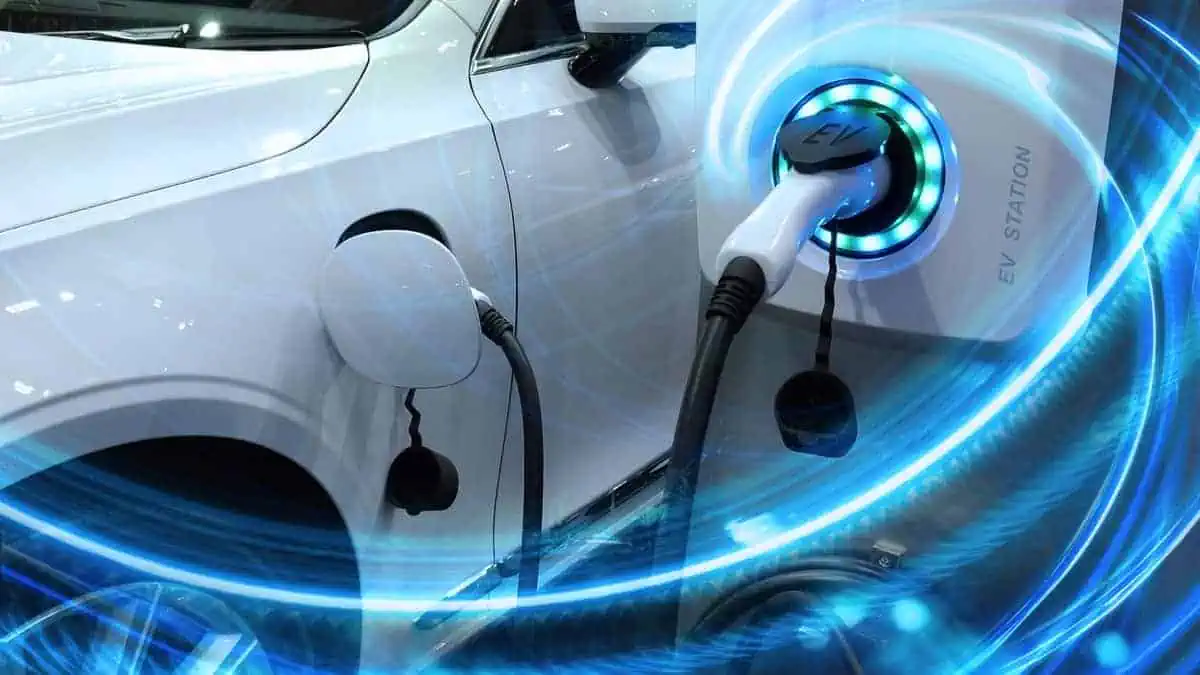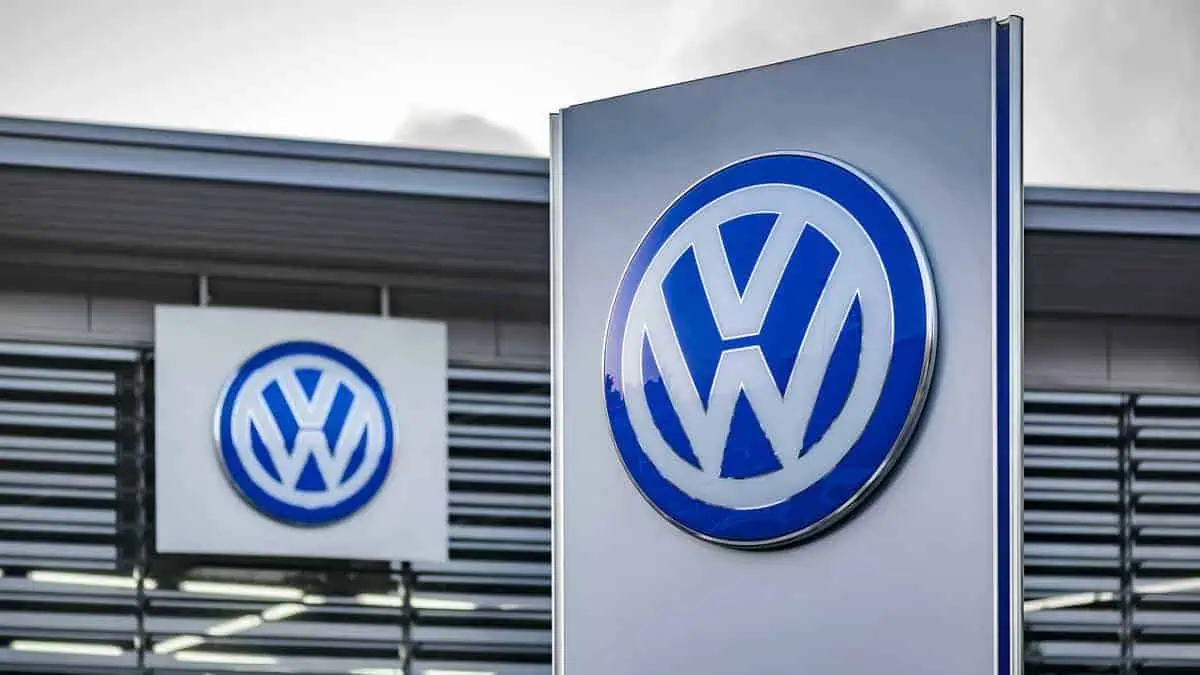Electric automakers competing in the Indian market are reportedly preparing to launch numerous electric vehicle models prompted by the government’s intensifying push for the electric mobility transition under the new policy, Times of India reports.
India government promotes EV shift
According to the Ministry of Heavy Industries’ press release, the country will offer lower taxes on certain electric vehicles imported by foreign automakers with at least a $500 million investment commitment for local manufacturing due in three years.
They will enjoy a lower tax rate of 15%, a significant decline from the current 70% and 100% (depending on the value). However, this incentive comes with a long list of conditions apart from the $500 million investment commitment, such as follows:
| Requirements | |
| 1 | Timeline for manufacturing: 3 years for setting up manufacturing facilities in India, and to start commercial production of e-vehicles, and reach 50% domestic value addition (DVA) within 5 years at the maximum. |
| 2 | Domestic value addition (DVA) during manufacturing: A localization level of 25% by the 3rd year and 50% by the 5th year will have to be achieved |
| 3 | The customs duty of 15% (as applicable to CKD units) would be applicable for a period of 5 years |
| 4 | Vehicle of CIF value of USD 35,000 or above will be permissible |
| 5 | The total number of EV allowed for import would be determined by the total duty foregone or investment made, whichever is lower, subject to a maximum of ₹6,484 Cr (equal to incentive under PLI scheme). |
| 6 | Not more than 8,000 EVs per year would be permissible for import under this scheme. The carryover of unutilized annual import limits would be permitted. |
| 7 | The Investment commitment made by the company will have to be backed up by a bank guarantee in lieu of the custom duty forgone |
| 8 | The Bank guarantee will be invoked in case of non-achievement of DVA and minimum investment criteria defined under the scheme guidelines. |
| 9 | Timeline for manufacturing: 3 years for setting up manufacturing facilities in India, and to start commercial production of e-vehicles, and reach 50% domestic value addition (DVA) within 5 years at the maximum. |
| 10 | Domestic value addition (DVA) during manufacturing: A localization level of 25% by the 3rd year and 50% by the 5th year will have to be achieved |
| 11 | The customs duty of 15% (as applicable to CKD units) would be applicable for a period of 5 years |
| Vehicle of CIF value of USD 35,000 or above will be permissible | |
| 12 | The total number of EV allowed for import would be determined by the total duty foregone or investment made, whichever is lower, subject to a maximum of ₹6,484 Cr (equal to incentive under PLI scheme). |
According to Mahindra & Mahindra CEO Automotive Sector Nalinikanth Gollagunta, the new policy strengthens the “Make in India” momentum owing to its strategic requirements in exchange for lower import taxes.
“This will help accelerate the EV ecosystem in India.”
Mahindra & Mahindra’s Gollagunta
Automakers’ EVs in the pipeline
Among the mass-market automakers that plan to launch an array of electric vehicles in the next few years are Maruti Suzuki, Hyundai, Mahindra & Mahindra, and Tata Motors.
Maruti Suzuki India
Maruti Suzuki plans to develop and produce a high-performance electric vehicle with a driving range of 550 km in FY24-25. It aims to roll out around six EVs in the next few years to become a major player in the EV industry.
“We will start production of a high-spec EV designed-fresh as an EV with 550 km range in FY24-25 and will have about six EV models in the next 7-8 years.”
Maruti Suzuki India Executive Officer (Corporate Affairs) Rahul Bharti
CEO Bharti also noted that the company would also deliver other clean vehicle alternatives, such as hybrid-electric, CNG, Bio-CNG, Ethanol flex-fuel, etc.
“We are committed to work on all such technologies also.”
Maruti Suzuki India Executive Officer (Corporate Affairs) Rahul Bharti
Hyundai Motor India
Hyundai Motor India aims to invest approximately Rs 26,000 crore in Tamil Nadu over the next 10 years. This will cover the development of a new battery assembly plant in the state.
“With the Indian government’s steadfast focus on electric vehicles and the supportive policy framework, we are confident that EVs will soon become mainstream, driving a sustainable automotive future for India.”
Hyundai Motor India COO Tarun Garg
In 2023, HMI introduced the award-winning IONIQ e-SUV in the country.
Mahindra & Mahindra
Mahindra & Mahindra CEO Automotive Sector Nalinikanth Gollagunta reportedly announced plans to launch five new INGLO-based electric vehicles in the coming years starting on January 25.
“These electric SUVs will be built on Mahindra’s innovative INGLO platform and aim to cater to a variety of consumers through their diverse range. The launch of these SUVs is part of Mahindra’s broader strategy to lead in the electric vehicle sector, and we expect 20-30 per cent of our portfolio to be electric by 2027.”
Nalinikanth Gollagunta, Mahindra & Mahindra CEO Automotive Sector
Tata Motors
Tata Motors also plans to build a lineup of 10 electric vehicles by 2026. This year, it reportedly aims to launch four new all-electric models, including the Curvv EV and Harrier EV.
Tata set a target of launching ten electric vehicle models in the next 3 to 4 years. It also aims to have EVs account for at least 25% of its total sales by 2025.
As of today, the company holds more than 70% of the country’s electric vehicle market. Therefore, the looming arrival of global automakers like Tesla will undoubtedly threaten its dominance in the coming years.







